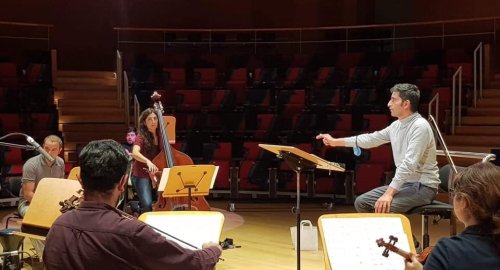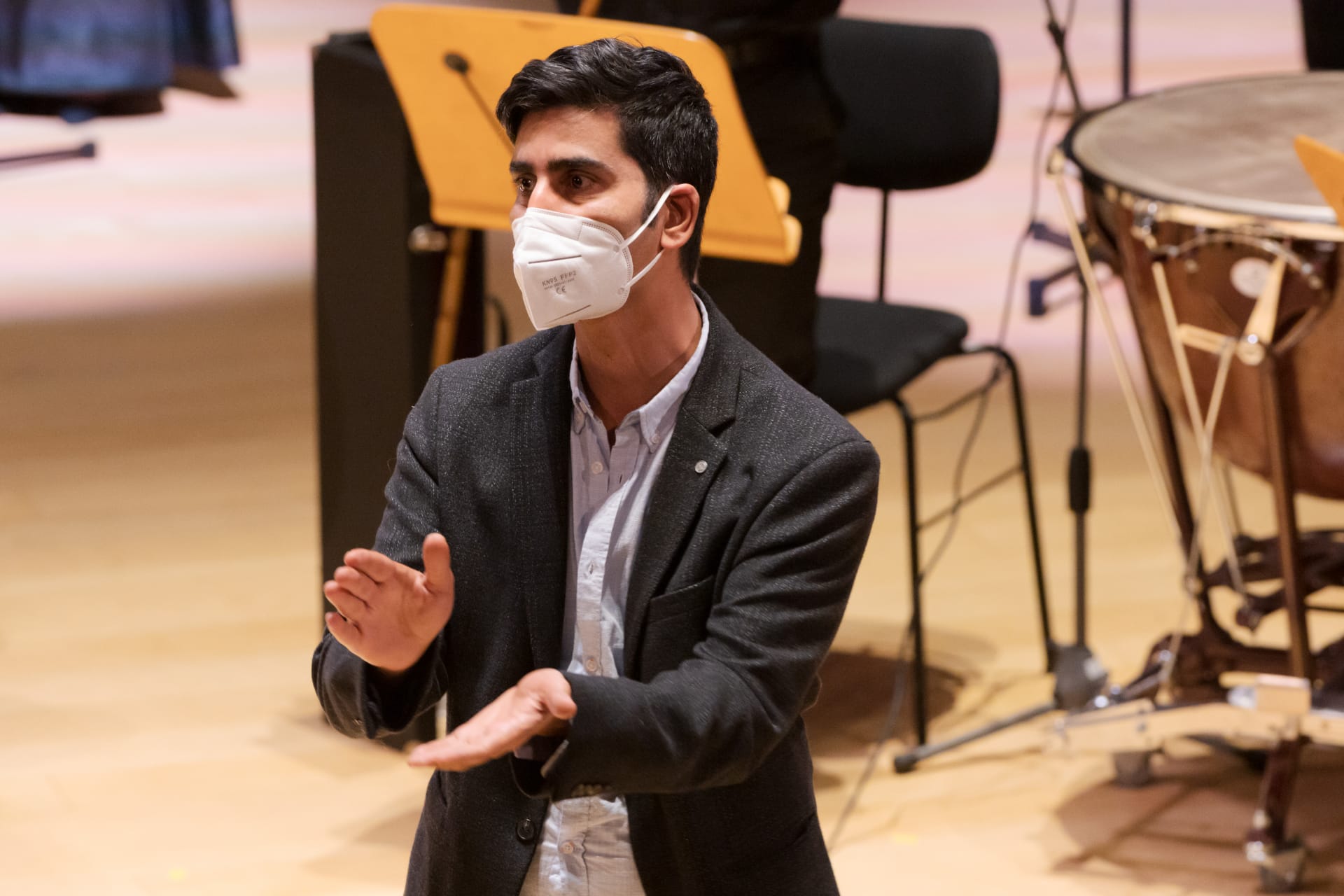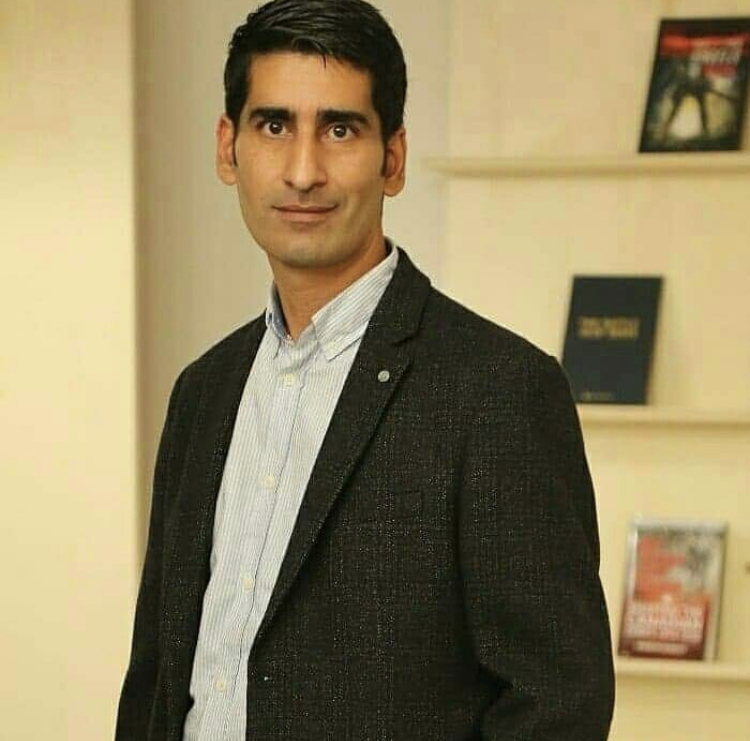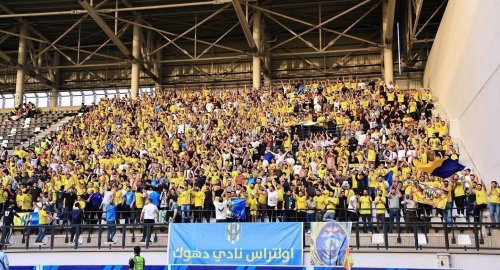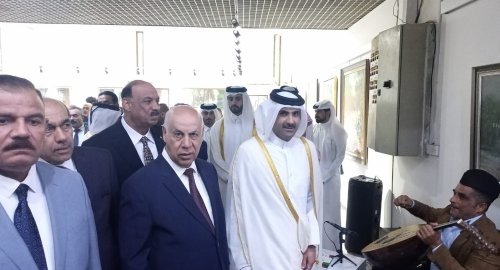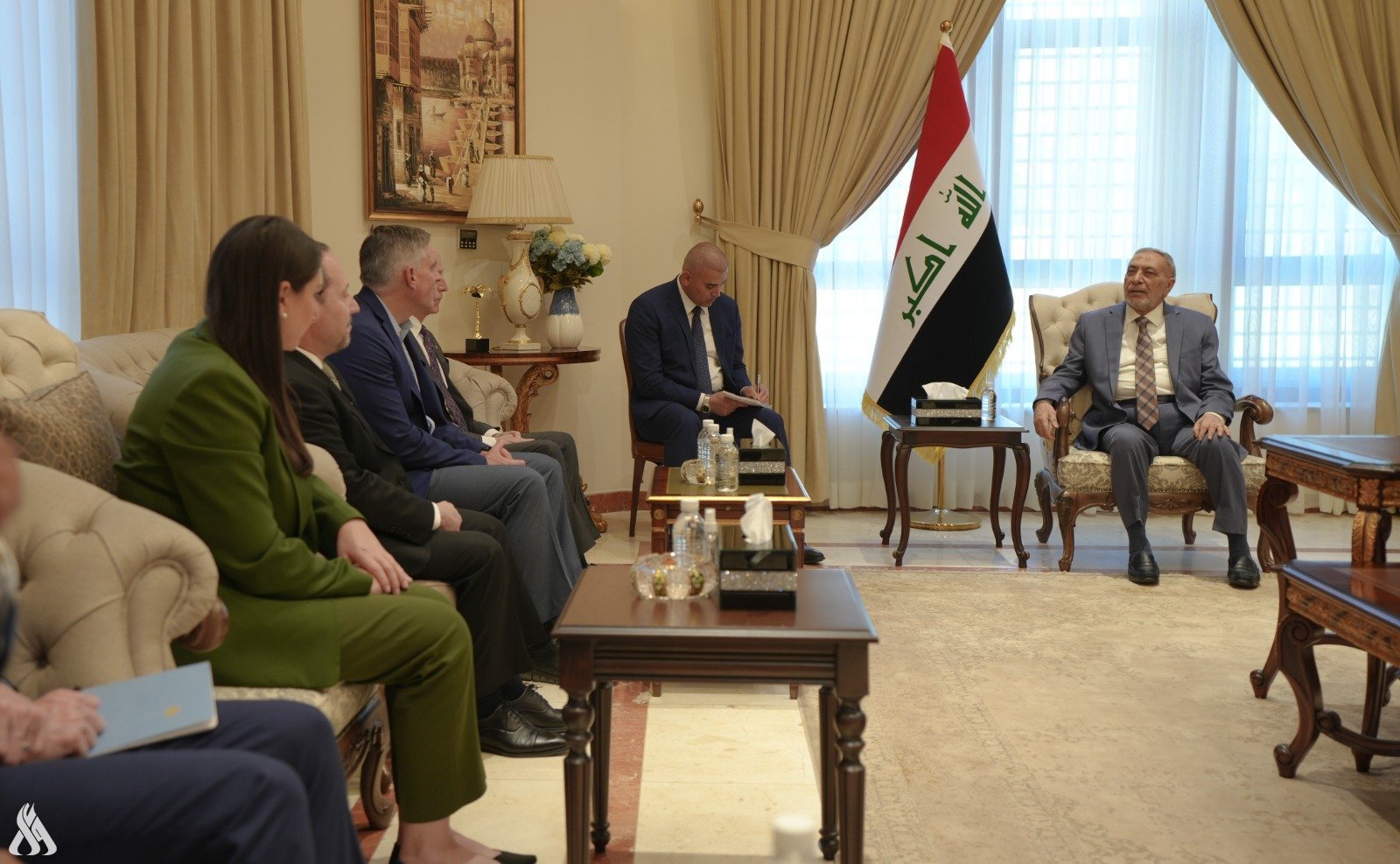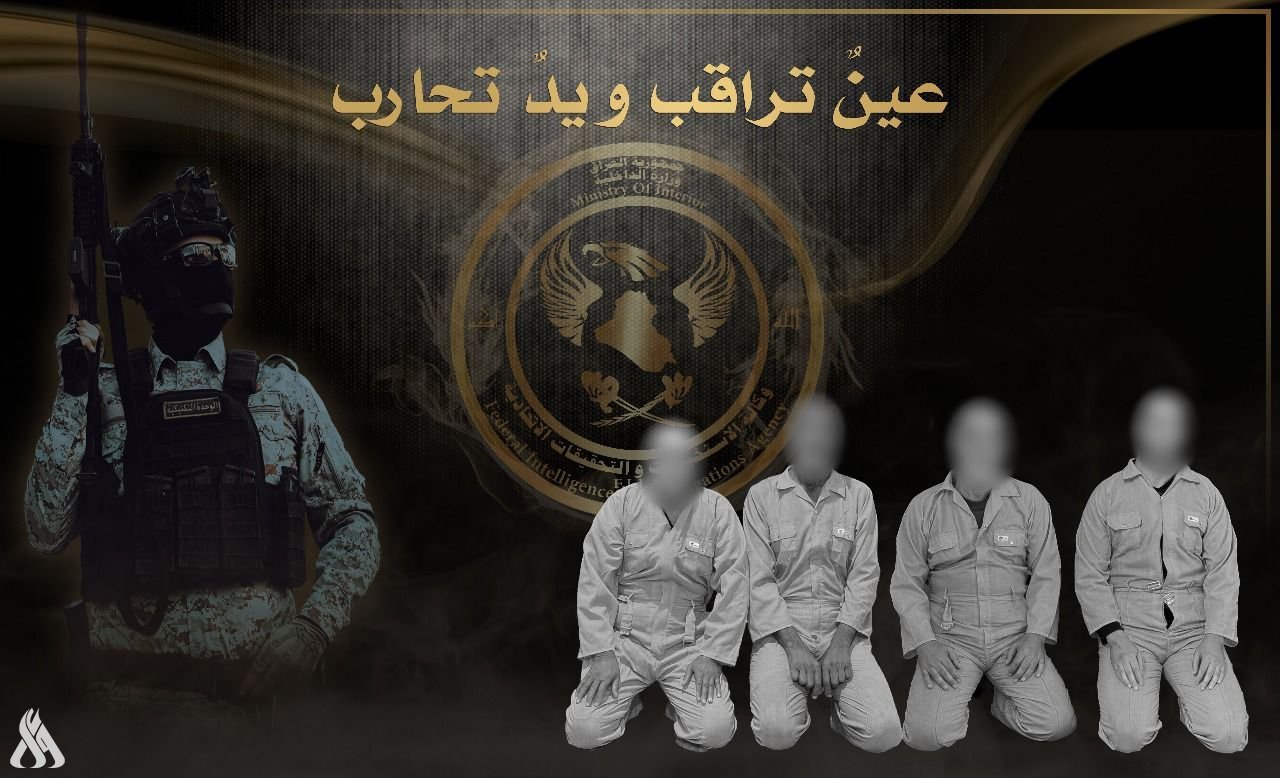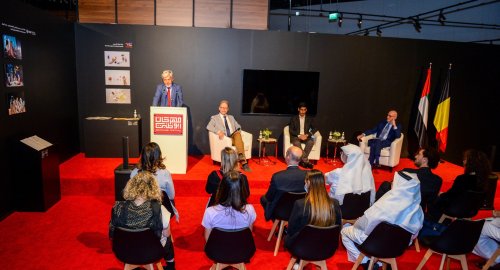
Iraqi music innovation importance in Western and Arabic music

- 14-03-2022, 19:39
INA – BAGHDAD
Panel discussion was held on Monday, within Abu Dhabi Festival, highlighting the importance of the Iraqi musical innovation in Western and Arabic music.
The session, which was held at Emirates of Visions 2: Narration and Promise exhibition, discussed the polyphonic maqam, and the opportunity it provides for composers, musicians and researchers around the world.
One of the panel was the Iraqi researcher and composer, specialized in Arabic and Western music, Qutayba Al Nuaimi where he noted, “the new system links Middle Eastern musical heritages with Western civilization, providing a scientific solution to the problem of harmonizing partial notes by harmonizing all eastern scales - including those with partial note- to write them according to the style of polyphony,"
He explained, “It is now possible to write polyphonic musical compositions with a pure Arab identity using all oriental Arabic musical scales that carry partial notes without exception as with the new musical system, composers will have the ability to understand and use our Arabic music, which is very rich in branches and colors,"
“It is a real and historical opportunity, for it is time to export Arabic musical scales that carry partial notes to the world in an innovative scientific way, because the world is searching about musical alternatives and new colors, especially modern music,” he pointed out.
Al-Nuaimi thanked Abu Dhabi Group for Culture and Arts for “the absolute support to this innovation and being launched from the capital of creativity Abu Dhabi to the world,”
The session, was moderated by Professor Michel Stockholm, director of the Royal Concert Fattoire in Belgium, as it included the participation of the international composer Professor Claude Ledoux at the Higher National Conservatoire of Music in Paris and member of the Royal Belgian Academy, in addition to the Iraqi musician, international oud player and composer Naseer Shamma, French researcher Judith de Olivera and the President of the Hino Music Festival and the Mons International Film Festival, Jean-Paul Deblos.
Professor Claude Ludo, composer, emphasized that “this innovative system opened the doors for us as European composers to write polyphonic for oriental scales (in partial notes) and it is a new path for musicians of all nationalities to explore in a creative practice,” explaining that “this innovative system is a new addition to the global musical repertoire, because it will give us new orchestral colors that did not exist before,”
For his part, the international Arabic oud professor Naseer Shamma included, "Qutayba Al-Nuaimi presented a solution to a musical dilemma, and there were the beginnings of the Arab harmonium at the hands of Al-Kindi, who suggested the first sound and the third voice playing together to give a coalition that the ear would dear, so I consider Qutaiba an extension of these ancient experiences since more than a thousand years ago,”
“Today it has become the reality of the theory that Arabic music is a part of the global harmonic structure, and this is a great effort that is credited to Al Nuaimi,” he added.
Michel Stockholm, director of the Royal Fattoire Concert in Belgium, also announced officially at the conference the opening of the first section for Arabic composition for the academic year 2022-2023, according to the innovation devised by the Iraqi researcher and composer Qutaiba Al-Nuaimi, noting that “this is the first section of oriental composition in the world,”
Iraqi Airways: Airbus A330 is back in service
- Local
- 09:00
Japan takes a cease and desist order to Google
- Multimedia
- 08:16
Duhok of Iraq and Qadsia of Kuwait match kicks off
- Sport
- 25/04/15
Four Daesh terrorists detained in Salahuddin
- Security
- 25/04/14
PM: The value of investment licenses in Iraq reaches $88 billion
- politics
- 25/04/09
